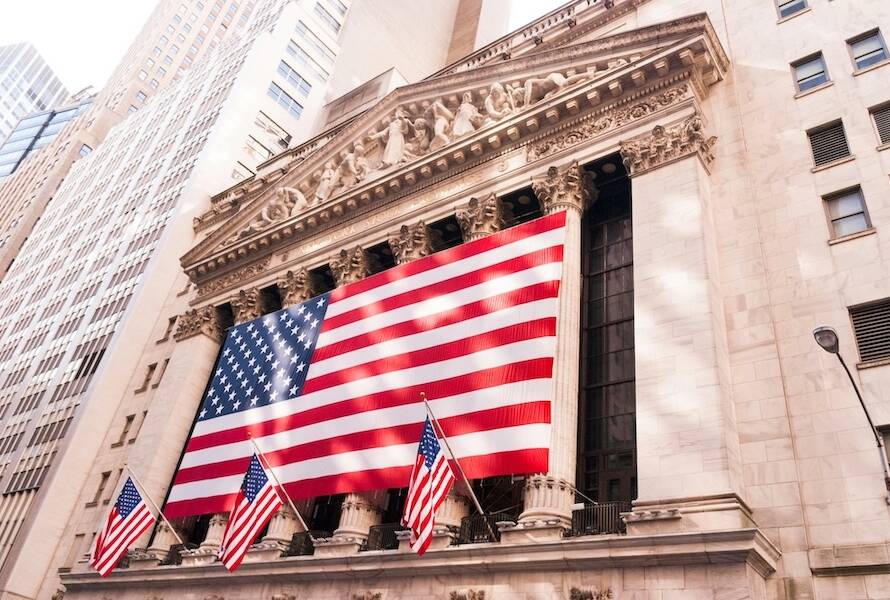The six largest US banks have withdrawn from the UN-backed Net Zero Banking Alliance (NZBA), a move analysts attribute to preempting “anti-woke” criticism from right-wing politicians as Donald Trump prepares to take office as the 47th US president.
JPMorgan Chase is the latest to leave the alliance, joining Citigroup, Bank of America, Morgan Stanley, Wells Fargo, and Goldman Sachs. All six have exited since early December. The NZBA, formed to align lending and investment activities with net zero emissions by 2050, is now facing questions about its future without key US members.
Analysts believe the departures are linked to Trump’s campaign promises to deregulate the energy sector, expand fossil fuel production, and roll back environmental policies. Paddy McCully of Reclaim Finance criticized the banks’ exit, calling it a “cowardly retreat” in the face of political pressure. “When climate action was politically advantageous, these banks were eager to showcase their commitments. Now that the political climate has shifted, their priorities seem to have changed,” McCully said.
Citigroup, a founding NZBA member, said its exit allows the bank to focus on mobilizing capital for emerging markets to support the low-carbon transition. JPMorgan stated it would “work independently” to support both low-carbon technologies and energy security. Goldman Sachs cited increasing regulatory demands as a factor, while Wells Fargo confirmed its withdrawal without further comment.
The exits provide the banks with more flexibility over how they set targets and which sectors they include. Toby Kwan of the Carbon Trust noted that the departure could allow banks to adopt more lenient timelines for meeting their goals.
Rising Political Tensions
Net zero alliances have come under fire from Republican politicians who argue that pro-climate policies are harming the economy. In 2022, a Republican-led antitrust inquiry pressured some banks to consider leaving the NZBA. More recently, a coalition of states led by Texas filed lawsuits against asset managers BlackRock, Vanguard, and State Street, accusing them of driving up energy prices by limiting investments in coal.
In December, the Republican-led House Judiciary Committee accused financial firms of forming a “cartel” with climate activists to impose “radical ESG goals” on US companies.
Despite the US banks’ departure, the NZBA retains 141 members, including Europe’s largest financial institutions. McCully urged remaining members to strengthen their commitments, arguing that they now have an opportunity to take bolder action without US resistance.
Kwan added that while the exit of US banks is a setback, it does not spell the end of the alliance. “The NZBA still represents around 40% of global banking assets, totaling $64 trillion. Its members retain significant influence and can continue to lead the transition to a net zero economy,” she said.
The NZBA has not issued a comment on the withdrawals.



